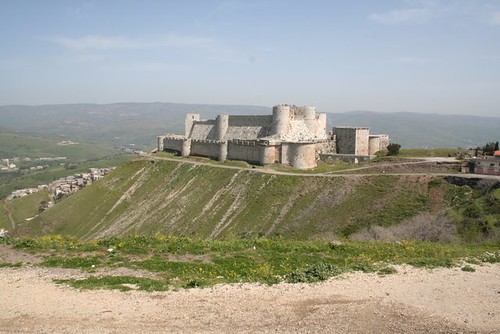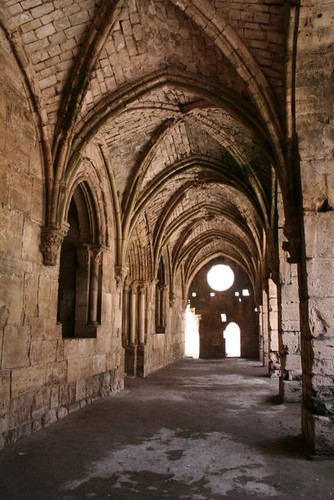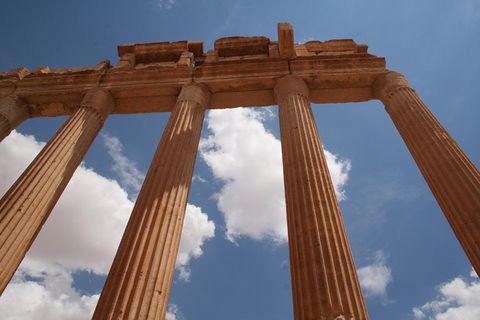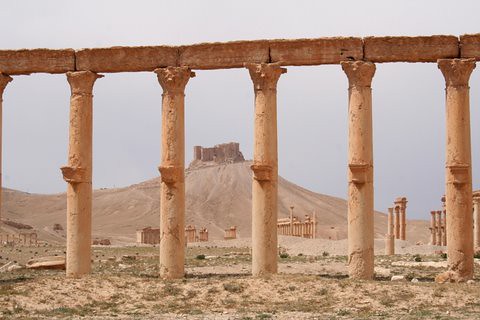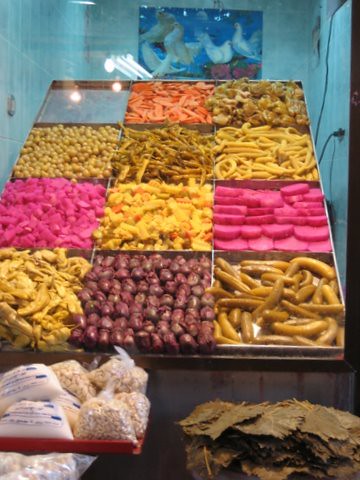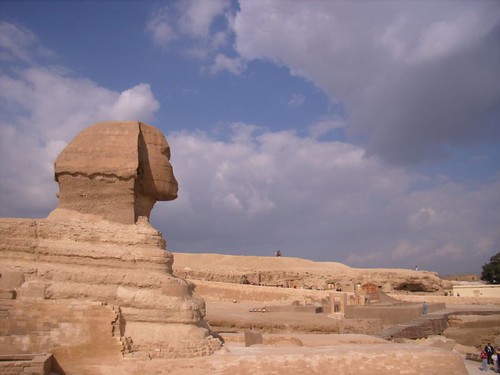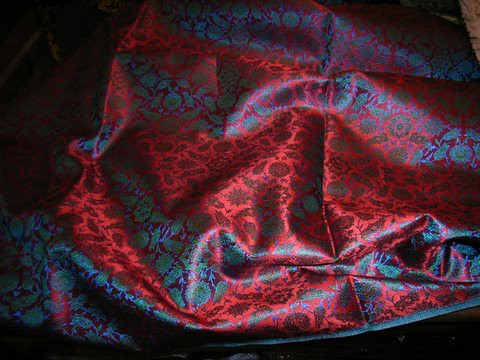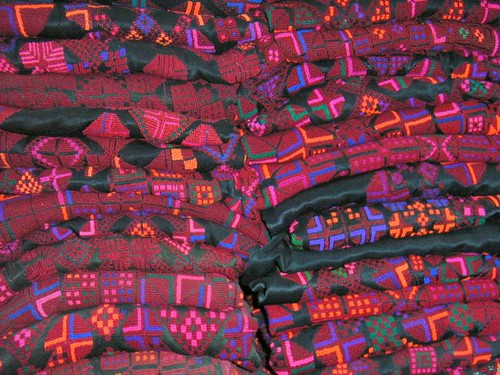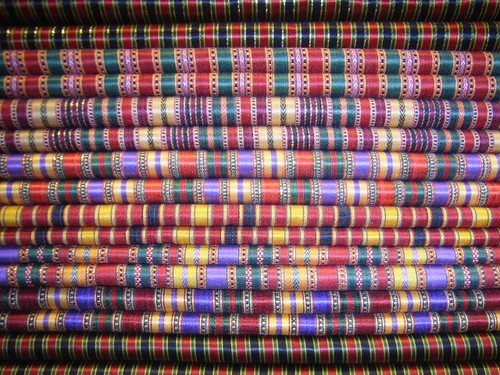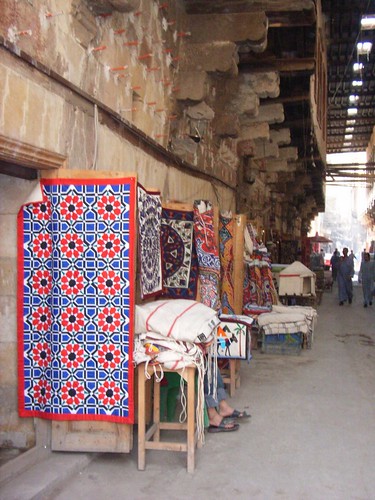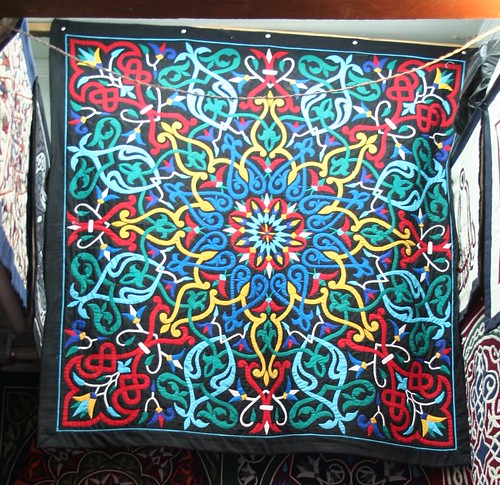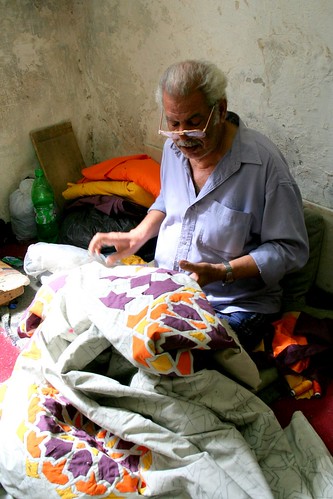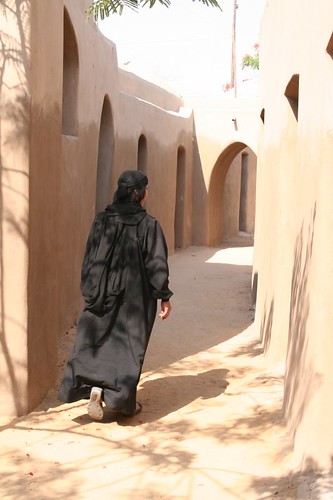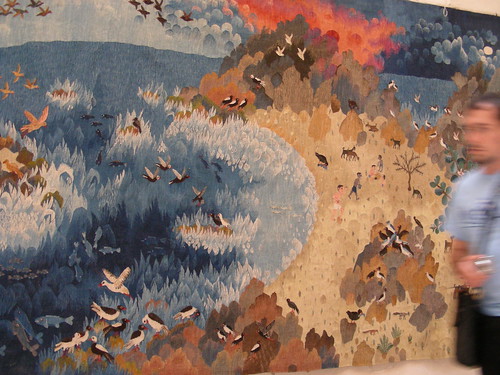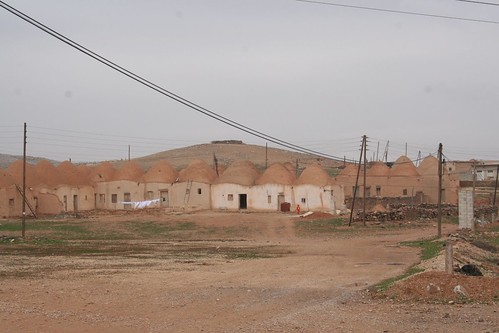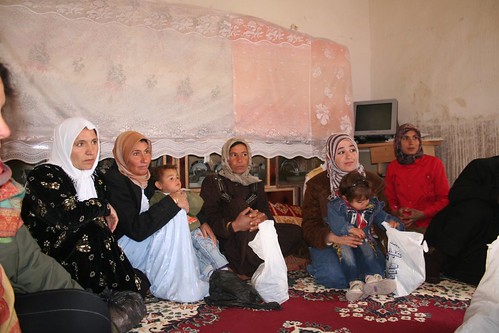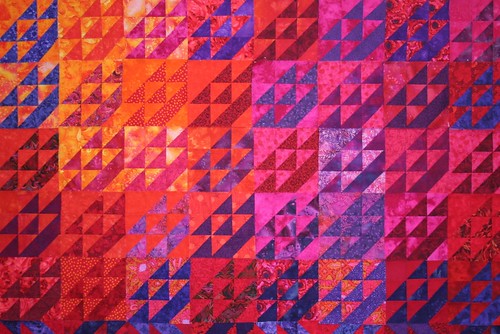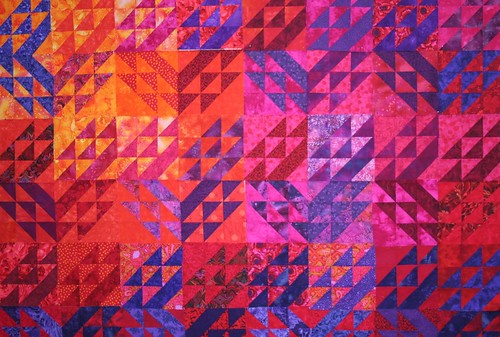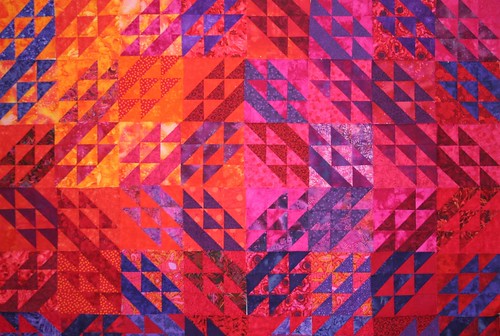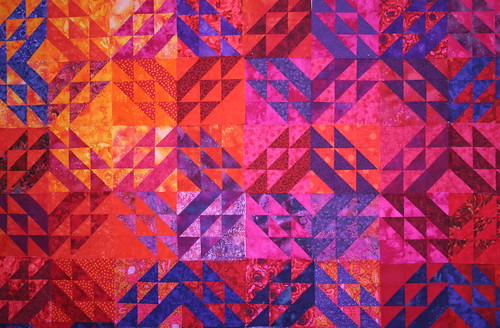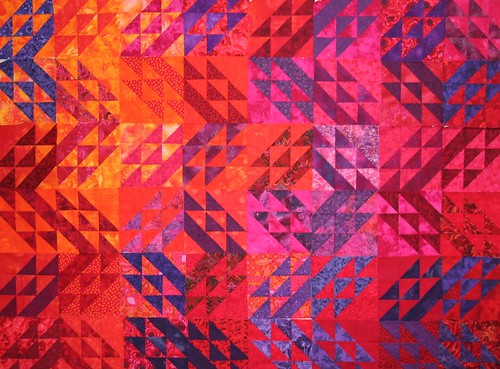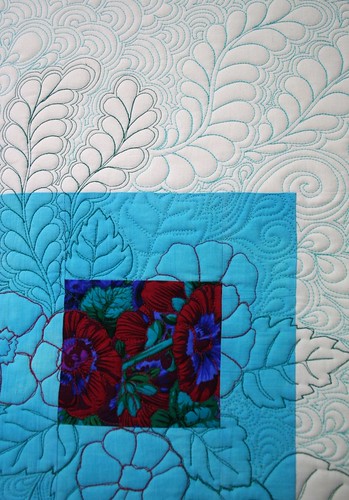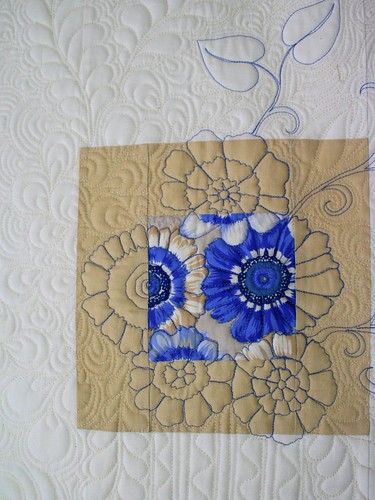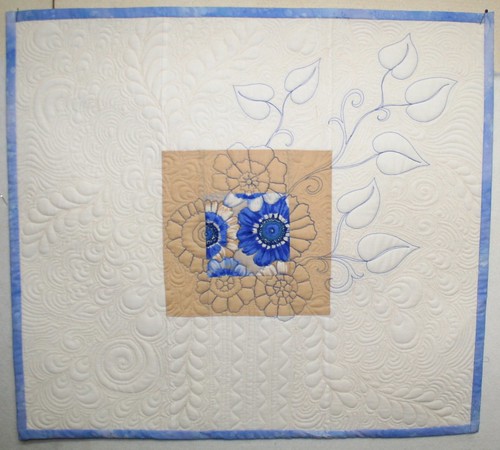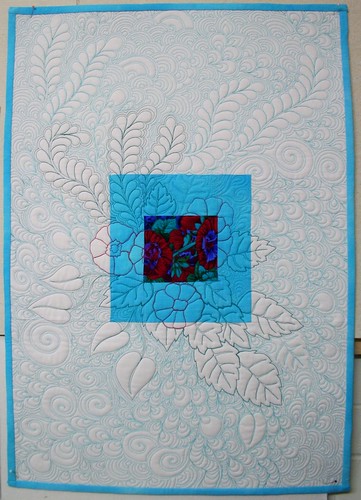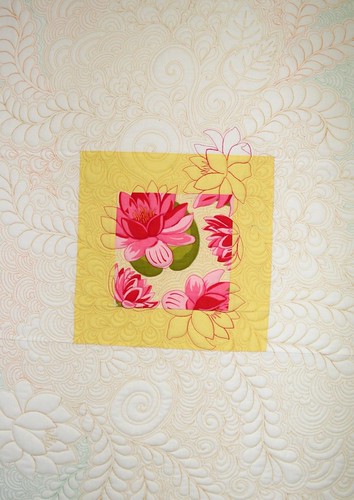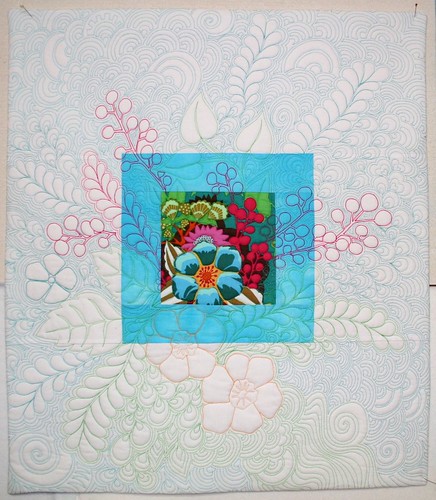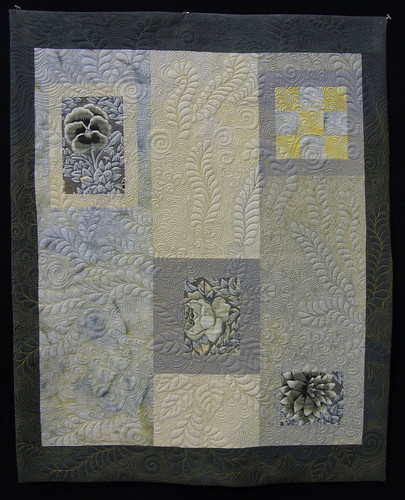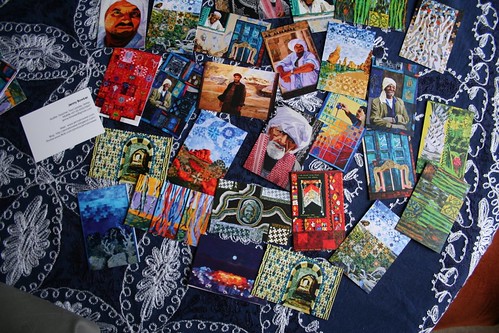Back to the Middle East - Tanks in Tahrir Square
 Monday, March 7, 2011 at 12:15AM
Monday, March 7, 2011 at 12:15AM I have just returned from a marvelous trip to Syria, Jordan and Egypt.
I had a textile tour planned and had to cancel the Egypt part of it. I was so sad about that as I knew that many of those coming really wanted to meet my friends the Tentmakers in Cairo. We changed the trip to start as planned in Syria, and then to go on to Jordan instead of Egypt. I left my bookings as they were - flying into Damascus and out of Cairo three days after the tour, and just before we left, when Egypt was looking calm, I booked another flight - from Amman to Cairo.
We had been watching the news as Egypt erupted weeks earlier and seemed wild and frightening for a few days. Police were firing at and killing fellow Egyptians and the mosques seemed full of wounded. Foreigners were being regarded with suspicion. The Embassy was very busy moving people out. Then the police simply disappeared.
Many major gaols in the city had been breeched and all the prisoners escaped - or were they released? As one interviewee said,"Six gaols in one day? It is not logic." With no police presence people were warned that the thousands of released prisoners would be robbing houses to find money and food. Militias formed in every street in Cairo and many friends of mine bought guns. Every person I could contact by phone in this time - from middle class to somewhat lower - was just frightened - and tired after night after night of standing guard and barricading their streets. There were good sides too as many neighbours had time to chat in the long night watches and drank tea together.
Tanks trundled around the city and set up large army bases. The army seemed to simply sit and watch. Then the army announced that it would not fire at Egyptians.
At this point the demonstrations seemed to steady. There was almost a sigh of relief. Fridays remained high points with masses gathering after the mosque. Counter groups formed that were pro-Mubarak.
I decided not to take the group when I saw camels and horses with their riders in Tahrir Square. That was just weird. There is no way that the riders were from the pyramids as the announcers claimed. In the days that followed this was confirmed by others who worked in tourism and had never seen these riders before. They were a mounted 'rent-a-crowd', and the oddness of this after the mass gaol releases and the disappearance of the police was enough to make me cancel - regardless of how things might change.
They did change of course - and the 'Do Not Travel' travel advisory should have been enough to make me cancel anyway. There would be something infinitely tactless about an ex-Ambassador's wife deciding to lead a tour into a country against the advice of the embassy.
I want to jump the events of my tour in Syria and Jordan - though I will get to it in the next few days. I am still buzzing over seeing my friends in Egypt most recently.
I had to go to talk to the Tentmakers. I have been able to set up two exhibitions for them later in the year. One is at the Festival of Quilts in Birmingham in England - and it is huge and brilliant and one of my favourite shows. The other will be at the University of Durham which has a large Middle East Politics section.
My funding for Birmingham might fall short and I needed to talk to the men about this and find out if there was any way they could raise some funds if necessary. I can talk to them easily face to face. Their English is just not good enough to manage with a phone and Skype is not an option for people without laptops and easy internet access. I was in the area and travel to Cairo meant a ticket that cost about $300. If I had to come from Australia again when things were totally stable it might have been eight times that.
I had decided that if things were still bad I would simply book into an airport hotel and let the tentmakers come to me during the day.
Ibrahim picked me up at the airport.
Within five minutes we had passed six tanks on the airport road. Ibrahim told me about the days of fear, the worry that they all have now. He talked about the fact that he was not sure that they would be better off. He said that Mubarak kept the country stable and calm and he had subsidised bread, petrol and other basics so poor people had a chance of surviving on their incomes. "Sometimes", he said, "you need a strong father who does what you need and not what you want and that is the problem with a democracy - that leaders are afraid to lose an election if they do what you need."
We came past the City of the Dead and I asked after my friends there. Ibrahim pointed out that there were police on a lot of the entrances - "Because perhaps people were afraid that the convicts had gone there to hide."
We came past the Khan and there were a couple of tanks on the road near the Muslim University.
We hooked up over the flyover and I was able to look down on Medan Ataba. This is the main shopping area - a huge market that threads through many alleys and streets. It is always so packed that I used to say that you could lift both feet and keep moving. In the open area we could see from the flyover it is always a seething mass of people around small tables of underwear, socks, and shoes.
It was empty. It was a real shock to see this - the stalls were there and were stacked with the usual goods, but there were no people at all. When I exclaimed Ibrahim pointed out that people were really afraid. There was not much money coming from anywhere, and if they had money they were afraid to spend it, and if they didn't have any they could not spend it. "You can always manage a few more weeks without new clothes," he said, and I was struck by the truth of this. Of all the things I saw in this first day it was Medan Ataba that was the thing that made it clear that everything was not yet normal.
We threaded through the streets of downtown Cairo and Ibrahim announced that he wanted to show me what was happening in Tahrir Square. I had a moment of trepidation but I trust Ibrahim. Bob had asked me to use drivers I knew as much as possible as he also trusted Ibrahim and Mohamed.
Imagine a huge open area the size of a large football stadium. It has at least six streets that lead into it. Most had tanks, a sultry greyed yellow, like desert sand, squatting like large toads in the corners. In each one soldier was visible standing in the opening often laughing and chatting to people. There is a grassed area in the centre with a low wall around it - like a very large centre of a roundabout. It was so full of people that I could not even see if there was still grass. It had tents and stalls - so many food stalls selling boiled chick peas, khoshary, toasted newspaper cones of the seeds that Egyptians love to eat, roasted sweet potato stalls with black sugary trails bubbling out of the tiny ovens, and whole sweet potatoes keeping hot on racks around the oven. I saw dozens of small children on their father's shoulders.
Sellers moved through the traffic - weaving through tightly packed cars and offering flags, balloons, bubble blowers, long ribbons of Egyptian flags - anything you can imagine that looked festive and cheerful. All the kerbs were newly painted in crisp if somewhat blurry black and white. The square sparkled - another shock in a city that was never known for its civic pride or cleanliness.
On one side road traffic was blocked off as a demonstration moved through chanting loudly - and the demonstrators looked about 14 and were almost all male. They were, according to Ibrahim, asking for better high schools.
The museum is a rich reddish terracotta, a festive colour, and looked quite shocking with the building behind it working as a jet black backdrop - the multi storey headquarters of the leading party which was burnt in the first days of demonstrations. That was the elephant in the room - a stark reminder of violence.
There were no police in an area that was always thick with police. Traffic was being controlled by demonstrators and civilians. Two had whistles on strips of ribbon in the colours of the flag. One was doing a good imitation of the style of an Italian policeman - with his arms twirling in the air. The crowd were joyful and noisy and though it took ages to get through the square it was so entertaining that I really did not mind. At one stage I passed out 5 pounds to a young man with the striped ribbons draped on his arm to buy one and got five instead of one ribbon plus change - I kept them knowing the family would enjoy them.
Ibrahim delivered me to the hotel. It is hard to believe that the pages you have just waded through take me only to noon on my first day. I planned to visit my dear tentmakers in the afternoon so - more later!
